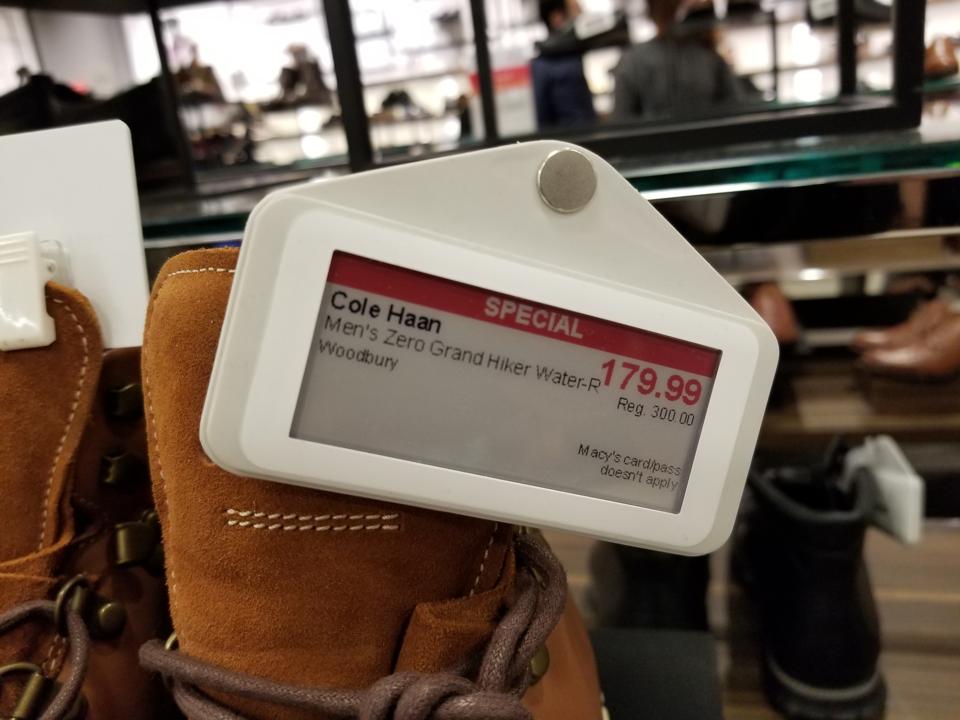
Wendy’s recently got a hard lesson about the connection between customer experience and price.
On an investor call, the burger chain’s CEO said that Wendy’s would start testing dynamic pricing in 2025. That’s where algorithms are used to adjust prices in real time, in response to changes in supply and demand. (It’s why flights and hotels tend to cost more during spring break – just like Uber rides during a rainstorm.)
Once people got wind that a Wendy’s burger bought at lunchtime might cost more than one purchased late at night, that’s when the backlash began – and spread like wildfire on social media.
In response to the uproar, the company issued a clarification, noting that it didn’t intend to engage in surge pricing (where prices are only adjusted upward), but rather it would just pursue dynamic pricing (where prices are raised or lowered based on demand). That distinction is probably meaningless to their customers, however. No matter how you spin it, the price of your Wendy’s meal would vary based on when you buy it.
That’s problematic, because one of the things customers value (from any type of business) is consistency and predictability, be it in service quality, product workmanship, or – yes – even pricing. And the pricing component is especially important for a fast food chain like Wendy’s, given that affordability is central to their value proposition.
But here’s the most important takeaway from the Wendy’s debacle: Price is part of the customer experience.
People routinely talk about customer experience (CX) as though it were separate and distinct from price. Research studies have been conducted, white papers written, and keynote speeches delivered – all arguing that customer experience is more important than price in driving business success. Those declarations are grounded in a view of customer experience that is far too parochial.
“Price cannot be dissociated from customer experience.”
The fact is that price (and how prices are set) plays an influential role in shaping customer impressions. For example, a low-priced offering can make a customer feel thrifty and prudent – whereas a high-priced one can make them feel exclusive and elite.
Even the relative positioning of one product’s price to another can help shape a brand narrative and influence the customer experience. Earlier this year, when the price differential between Hermès Birkin handbags and their closest competitor narrowed to nearly nothing (down from 70% in 2019), Hermès raised its prices significantly – reinforcing its reputation as maker of the world’s most expensive handbags and designer of truly luxury goods.
Furthermore, as Wendy’s painfully discovered, even the methodology a business uses to set prices can have a very tangible impact on the customer experience. Transparent pricing (such as Southwest Airline’s policy of Transfarency) signals a company’s advocacy for the customer, which elicits feelings of goodwill. Surge pricing, on the other hand, smacks of exploitation and, consequently, creates a negative impression on customers.
This is why price cannot be dissociated from customer experience. This is why assertions that customer experience is more important than price are nonsensical. It’s like arguing that a movie is more important than its cast.
Price is an essential ingredient in the customer experience – as important as the quality of the product, the responsiveness of service staff, the ambience of a store, or the clarity of written communications. And while it is true that the influence of one CX ingredient may sometimes overshadow others (e.g., exceptional service can make customers less price-sensitive), the fact remains that price is one of many elements that help make an experience what it is – good or bad.
[A version of this article originally appeared on Forbes.com.]
Jon Picoult is founder of Watermark Consulting, a customer experience advisory firm that helps companies impress customers and inspire employees, creating raving fans that drive business growth. Author of “FROM IMPRESSED TO OBSESSED: 12 Principles for Turning Customers and Employees into Lifelong Fans,” Picoult is an acclaimed keynote speaker, as well as an advisor to some of world’s foremost brands. Follow Jon on Twitter or Instagram, or subscribe to his monthly eNewsletter.